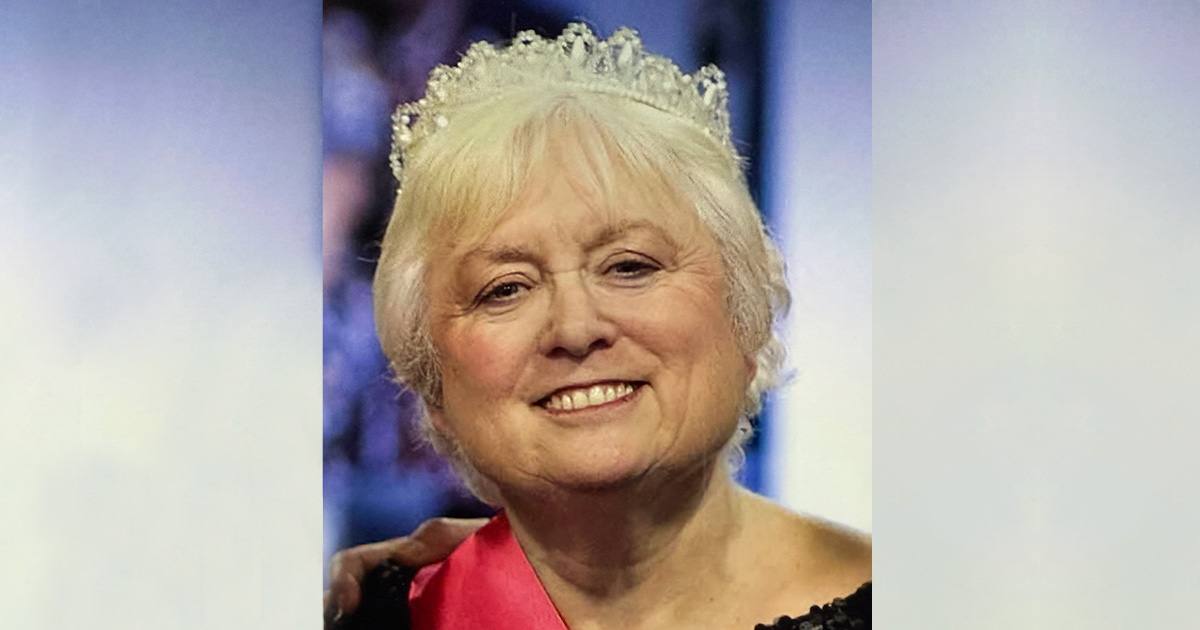I was appointed as a DSN in April 1990, and quickly realised how much I did not know about diabetes. However, not one to shy from a challenge I commenced my journey into diabetes nursing. I remembered a saying by the Chinese philosopher Lao Tse, in 600BC:
‘Every great journey begins with a small step.’
At the outset of my new post I was given time to take a step backwards, view the wider picture and ask myself what was needed and what I could do to make a difference. This is a useful outlook to take on a regular basis, as we live in an environment of constant change.
Since 1990, I have managed to produce successful business cases to support the increase in the DSN team based within the Michael White Centre for Diabetes and Endocrinology at Hull Royal Infirmary. The current team consists of: one senior DSN; four full-time DSNs; one full-time DSN for inpatient care; and one part-time DSN in a research role. The geographical area that we deliver our diabetes nursing service to has a general population of over 580000. The area is served by one acute hospital trust and four primary care trusts (PCTs).
My role as the senior DSN has many facets. I see the main components being:
- Clinical.
- Education.
- Service development.
- Management.
Figure 1 explains the components more clearly. For the purpose of this article, I would like to focus on the some of the developments made within the different components and how these have made a difference to people with diabetes. I cannot claim total credit for any of the ideas that I have been able to implement over the years, as without a great team behind me, none of them would have been possible.
Clinical responsibilities
I have 3–4 clinical sessions per week which are spent on my specialist interest of diabetes and renal disease. This is a new nurse-led service within our area, that was made possible when I ceased being the diabetes centre manager and changed to a full-time clinical post. It had been an area of need for some time but due to lack of resources was never explored.
It was clear from talking to people with both conditions that there were a few issues. Once patients were transferred to the renal service their diabetes care was left neglected and treatment regimens and equipment were often outdated. The main aim of the new nurse led-service is to ensure that people with dual pathology who do not attend the diabetes centre receive:
- Equitable access to DSN help and support.
- Awareness of up to date treatment and diabetes care equipment.
- An annual review.
This service has been able to build new links within the respective nursing teams and allows the sharing of expertise which has ultimately benefited the person with diabetes and their carers. I have no doubt that an audit arranged to review a 12 month period will confirm this.
Helpline
I spend one session per week manning our DSN helpline. This has been in existence for some years as a result of pressure from people with diabetes who attend the centre. The helpline is available Monday–Friday, 0900–1700. Each person who attends the diabetes centre for their care is automatically given the number but many other people with diabetes, who do not attend the diabetes centre, have it too. This helpline is used by people we are currently working with to improve glycaemic control because they know that there will always be someone to speak to during those hours. The helpline also gives the responsibility for care back to the person with diabetes. It is up to them to contact the DSN. The helpline is used in a problem solving way when unexpected situations arise. It is not an emergency service but has been used as one a couple of occasions.
Clinical expertise
My clinical expertise is used throughout the trust in areas such as blood glucose monitoring. I have implemented a blood glucose meter system throughout the acute trust and within district nursing in three of the PCTs. This ensures there is a quality assured, standardised system, which enables comparison of results of people’s blood glucose when needed. I am responsible (in collaboration with the biochemistry department) for the monitoring, audit and training of people on how to use the system.
Education
We have had a diabetes course for healthcare professionals within Hull for many years. More recently, the course has been managed through the local university. This should improve care for people with diabetes through the sharing of diabetes knowledge. Although in the past we have tried structured general education programmes for people with diabetes who attend the centre, we have never had much success. Not all people want to be part of groups or have the ability to attend extra sessions if they are employed. However, we have offered group education for insulin initiation for over 2 years. Judging by attendance rates, this course has been successful.
I am currently working on a project to implement a structured diabetes education package that will be delivered through an e-learning environment and will be accessible in both primary and secondary care. This means that practice nurses will use the same package as the DSNs or district nurses so the information given will be standardised throughout our district. Ward nurses will also have access to the package for people in hospital. The subjects taught can be documented and attributed to an individual using protected passwords. This information can also be audited within the system. This could prevent a person being taught the same subject numerous times whilst other important issues are left untouched, even though the contact is with different healthcare professionals. The project is being facilitated by our regional workforce development confederation and strategic health authority.
Service development
In 1996, at a Novo Nordisk symposium in Oxford, I presented my vision of diabetes nursing in the future. I presented my idea of a super DSN who would take on a dual role within primary care as a facilitator but would also be a specialist nursing resource. Experienced DSNs have many skills at their disposal to help primary care. This vision of the super DSN moved into reality when the primary care groups (PCGs) emerged. By 1999, I had gained agreement from the PCGs that the position was needed. A job description for such a post was formulated, and I began to secure first year funding from the pharmaceutical industry. In 2000, we appointed our first DSN/facilitator. The second and third posts were filled in 2001 and 2003. The fourth and final post is ready to be advertised.
These positions were originally part of the DSN team but have now moved into their respective PCTs. However, we still maintain regular contact through our monthly meetings and help each other with education sessions and other projects. The posts have been a major success and are making steady progress in facilitating improved diabetes care within primary care.
As a direct response to complaints from people with diabetes about the care they receive during hospital admissions, I was able to develop a DSN post specifically for inpatients with diabetes. This post has now been successfully operating for over 2 years. It is without doubt a victim of its own success! The DSN responsible for the post manages the DIGAMI protocol (Malmberg et al, 1995) throughout the acute trust, responds more timely to specific referrals, has developed nursing protocols to adjust glucose and/or insulin infusions without medical intervention and many more changes which have directly improved patient care. Unfortunately, in an acute trust with 1400 beds, this post is slowly becoming swamped by an ever-increasing workload and I will be submitting a case of need to increase the nursing resource shortly.
In March 2003, we launched our district diabetes integrated care pathway. This originated from our district diabetes guidelines document. The information contained within the care pathway is structured in the format suggested in the NSF for Diabetes (DoH, 2002) and is accessed via the internet. It is evidence based and has many links to NICE guidelines (www.nice.org.uk), the Heart Protection Study (2002) and many more.
As part of my role I co-ordinated the production and implementation of the care pathway throughout the district. It will be my responsibility to request feedback on the usefulness of the pathway and also manage the annual updating.
Management
There are still aspects of management that indirectly affect care for people with diabetes. As the manager of the DSN team, it is my aim to ensure that the team is well supported in both a mentorship and leadership capacity.
We have regular team meetings where clinical supervision, training and development are discussed. Each nurse has an annual appraisal with intermediate monitoring sessions in which their individual development needs are explored along with my performance as their manager. The team are involved in service development ideas, many of which come from within the team anyway.
Conclusion
My role of senior DSN is varied and enjoyable. It allows opportunities to make a real difference to the development of care for people with diabetes. Alan Kay said, ‘the best way to predict the future is to invent it’. In the current climate of matching competencies to roles there are many similarities between my role and that of a nurse consultant. There is little or no difference in the content of my job description and many nurse consultants. The important issue is what you achieve and how much difference you make for people with diabetes, not what you are called.





International Diabetes Federation officially recognises “type 5 diabetes”, decades after first being observed.
24 Apr 2025